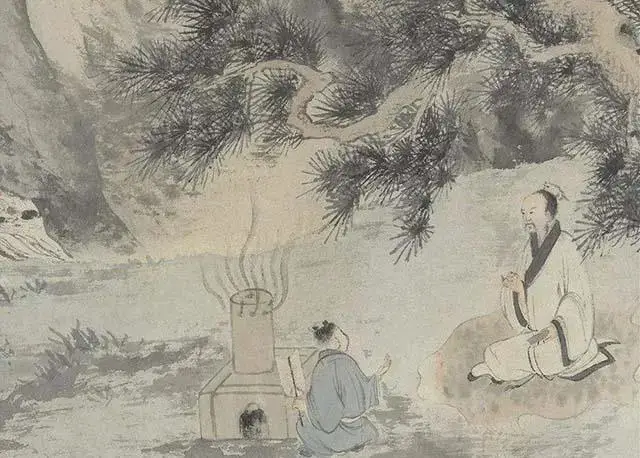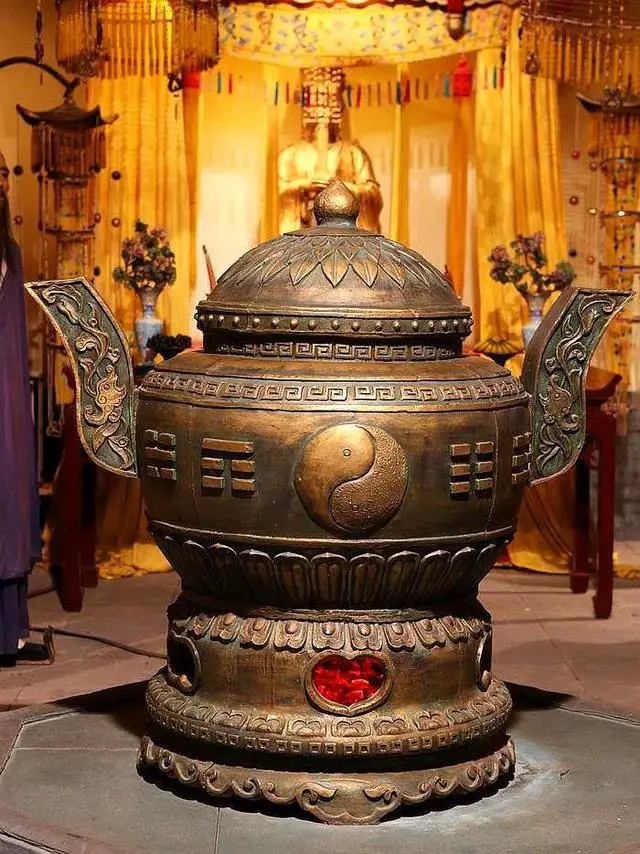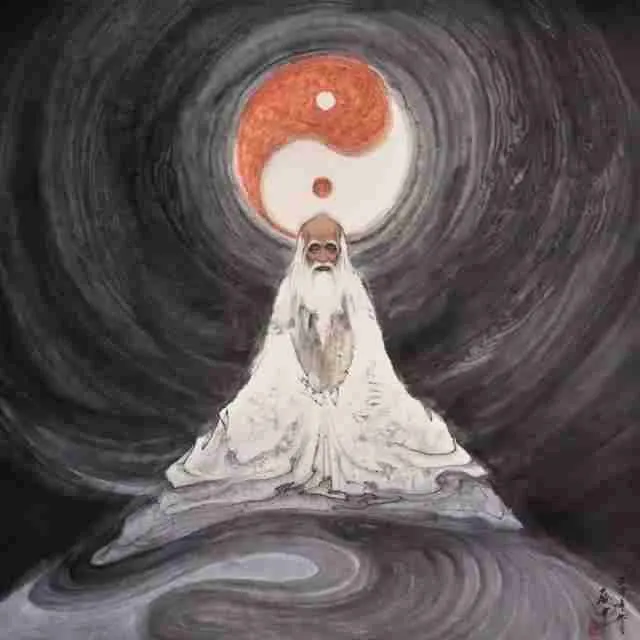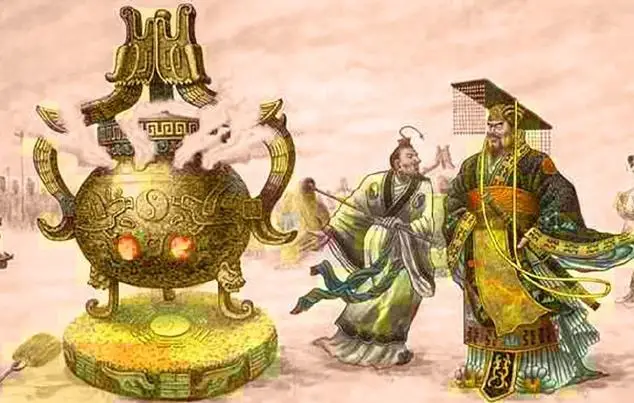Chinese alchemy is an ancient technological and scientific approach to alchemy credited to Daoism and Taoism in ancient China. The main objective of the alchemists was to achieve immortality. Laozi, Zhang Daoling, and Zhuangzi are widely regarded as the creator of Chinese alchemy. This article expounds on Chinese alchemy’s time of invention, focus, and symbolism. Keep reading to learn more!
Who invented Chinese Alchemy?

Laozi, Zhang Daoling, and Zhuangzi are widely regarded as the creator of Chinese alchemy. In one of her famous articles, Radcliffe states that Zhang rejected an offer to serve the then Emperor and went to live in the mountains. He met Laozi, with whom they embarked on a mission to create the Elixir of Life. First, they came up with a theory to facilitate the creation of the elixir. It was at that point that Chinese alchemy was born. However, unlike western alchemy, whose main goal was to create wealth, Chinese alchemy was developed to achieve immortality.
When Chinese alchemy invented

Despite much research being conducted to shed more light on the origin of Chinese alchemy, scholars cannot bring together conflicting evidence to determine precisely when Chinese alchemy was invented. For instance, there is a popular belief that the Chinese people were making gold 1000 years before Confucius‘s time. However, scholars contradict this theory by stating that the word gold did not exist around the fifth century BCE. They concluded that the metal was unknown to the Chinese at the time. However, despite this tradition’s uncertain origin, there is enough evidence to credit its invention to Zhang Daoling and Laozi. This is because of the many similarities between Daoist tradition and Chinese alchemy.
How Chinese alchemy works
Chinese alchemy focuses majorly on purifying a person’s spirit, body, and mind providing them with wisdom, longevity, and health through the practice of chi gung wuxing. The belief is that one would achieve immortality by consuming various concoctions known as elixirs (alchemical medicine).
This tradition borrows much from medicine and is based on the principles of Taoism. Taoism suggests that two opposing forces exist: the Yin (female/passive element) and the Yang (male/active element). Alchemists believe consuming substances rich in Yang/active elements would bring about good health and longevity. Pure gold is thought to have a lot of Yang, but a mineral called cinnabar is thought to contain more Yang than gold. Cinnabar contains mercury which, after ingestion, proved detrimental to human health. Therefore, the Chinese alchemists chose to stick with gold because it had little known adverse effects on human health.
Based on this idea, the Chinese alchemists devised ways of creating synthetic gold, which they said was superior to natural gold. They argued that combining different elements gave synthetic gold a spiritual value, making it better than natural gold.
What are the 7 metals of alchemy?

The seven metals of alchemy are Mercury, Tin, Lead, Silver, Copper, Iron, and Gold. Mercury is an element whose symbol in chemistry is Hg. Its atomic number is 80. It is also called quicksilver because it is liquid and looks like silver. In ancient China, it was derived from heating cinnabar. Mercury was also converted into cinnabar by combining it with sulfur.
Tin is an element whose symbol is Sn (Stannum). Its atomic number is 50. It is silver-colored and is very malleable. Silver is an element whose symbol is Ag (Argentum). Its atomic number is 47. It is highly reflective and a good conductor of both heat and electricity.
Copper is an element whose chemical symbol is Cu (Cuprum). Its atomic number is 29. It is malleable and an exceptional conductor of both heat and electricity. Lead is an element whose symbol is Pb (Plumbum). Its atomic number is 82, is a heavy metal but is malleable. Its melting point is very low.
Iron is an element whose chemical symbol is Fe (Ferrum). Its atomic number is 26, the most abundant chemical element on the earth. Gold is an element whose chemical symbol is Au (Aurum), and its atomic number is 79. It is malleable and very dense. It is the most valuable metal on earth.
What is Chinese Alchemist?
A Chinese Alchemist is an individual who studied Chinese alchemy and tried to put the knowledge they acquired into practice. They have to be well-versed in the art of Chinese alchemy.
An example of a Chinese Alchemist is Ge Hong. He attempted to combine the occult doctrines o Daoism with Confucian ethics. As a young man, Hong received Confucian education. Later in life, he gained interest in the Daoist cult of immortality (xian). In his book, Baopuzi, Hong attempts to bring together all the good elements of Confucianism and Daoism.
Famous Chinese alchemists

The most famous Chinese alchemists are Liu Yiming, Zhang Guo, and Wei Boyang. Yiming was a Chinese writer, philosopher, and ophthalmologist; he was one of the major representatives of Neidan or Taoist Internal Alchemy. Guo is a mystical figure and is one of the Eight Immortals recognized in Taoism. Boyang was a Taoist alchemist and a noble writer. He authored, The Kinship of the Three and is the first person to write about the chemical composition of the gun powder.
What was developed by Chinese alchemist to achieve immortality?
The Chinese alchemist developed synthetic gold for those who wished to achieve immortality. According to them, synthetic gold was superior to natural gold because it was created by combining different elements by burning them at extremely high temperatures, giving the final product spiritual value.
Gold is considered to be high in Yang (active element). Therefore, when consumed, it makes the Yang more than the Yin (passive element), giving someone immortality (longevity and good health).
What did Chinese alchemists invent?
The Chinese alchemists discovered gunpowder in 850. Gunpowder is in most war weapons, including grenades, cannons, fiery arrows, and rifles (guns). It was first used in warfare in 904. They also came up with a formula for creating synthetic gold.
What does Chinese alchemy focus on?

Chinese alchemy focuses on achieving immortality. It differs from western alchemy, whose main goal is to create precious metals for sale to people who cannot afford jewelry made of natural gold or other precious metals. Jewelry made with synthetic gold is sold at a lower price than those made with natural gold. Therefore, while Chinese alchemy is focused on immortality, western alchemy is focused on wealth.
What does alchemy symbolize?
Alchemy symbolizes changing less valuable things into gold. We learn from alchemy that everything is achievable when passion meets commitment. Therefore, put all your mind and effort into achieving your goals, and everything will fall into place.
Conclusion
Laozi, Zhang Daoling, and Zhuangzi are widely regarded as the creator of Chinese alchemy. Its focus was to develop a formula for a substance to help the human race achieve immortality. The main focus was on gold which was thought to improve the Yang element in someone’s body, thereby helping them achieve good health and longevity.
